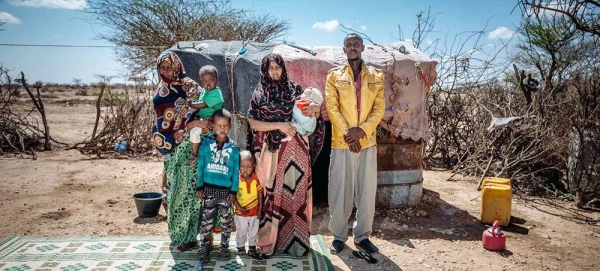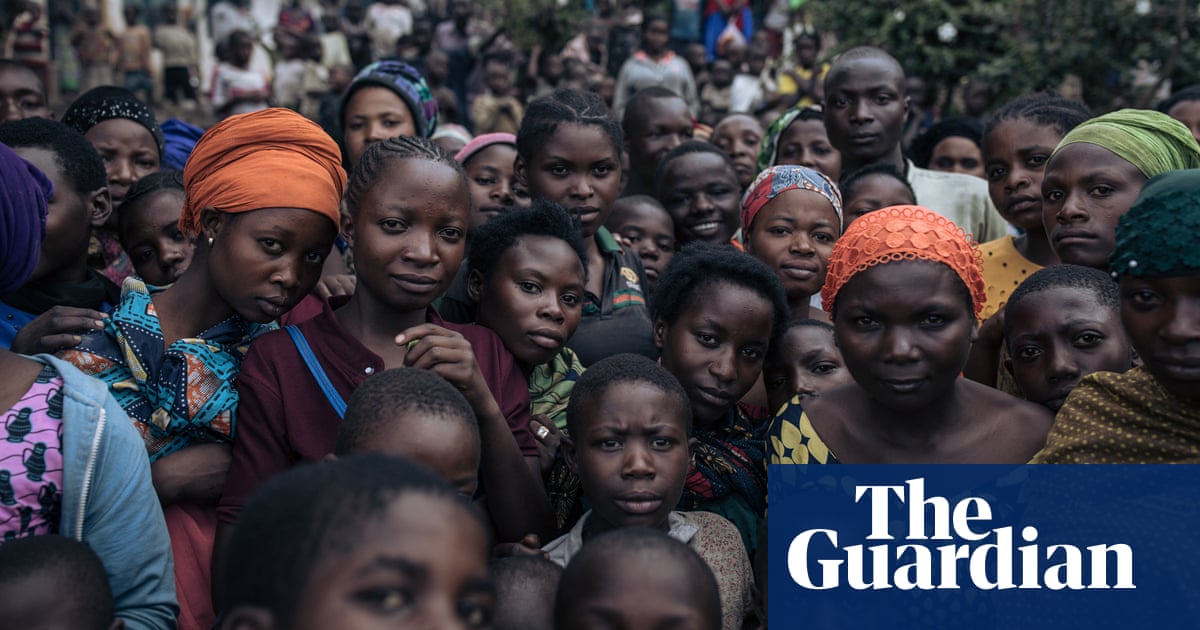
States and those who engage in humanitarian and development work must do more to protect the rights of lesbian, gay, bisexual, transgender, intersex, and queer (LGBTIQ+) people who are displaced or stateless. To do this, they must form stronger alliances with LGBTIQ+ civil society, according to participants in the 2021 Global Roundtable on Protection and Solutions for LGBTIQ+ People in Forced Displacement.
"There is unprecedented momentum to improve protection of LGBTIQ+ people forced to flee violence and persecution. There has never been a greater need," said Gillian Triggs, Assistant High Commissioner for Protection for UNHCR, the UN Refugee Agency after today"s closing session.
"That is why at UNHCR we"re redoubling efforts to strengthen our internal capacities, and to create a platform to bring together a bigger, stronger coalition to address the real, intersectional challenges faced by LGBTIQ+ people forced from home."
The invitation-only conference, held virtually from 7-29 June, was organized by the UN Refugee Agency and the United Nations Independent Expert on Protection Against Violence and Discrimination Based on Sexual Orientation and Gender Identity (IE SOGI), Victor Madrigal-Borloz. They convened more than 500 people from around the world from governments, civil society, and the private sector, as well as LGBTIQ+ people who have experienced displacement, to discuss experiences, policies and programmes that have worked and ways to implement solutions.
"There is great cruelty when the forced displacement of persons is the result of who they are or who they love – and it will take a global coalition to address the institutional drivers of violence and to deconstruct stigma at the base of it," said Madrigal-Borloz.
"Forging alliances is based in mutual trust – and the creation of shared spaces for evidence-based dialogue is fundamental to that end. Bringing together this diverse, inclusive and empowered group of experts is an essential step to ensure that our joint knowledge base of root causes, challenges and opportunities remains relevant and accurate."
There are more than 82 million people who have been forcibly displaced worldwide and among them are refugees, asylum seekers, internally displaced and stateless people who seek protection from discrimination, abuse and persecution related to their sexual orientation, gender identity, gender expression and sex characteristics. Consensual same-sex relationships are currently criminalised in 68 countries and in at least six nations it is punishable by death.
Participants discussed the drivers of displacement, the challenges of seeking asylum, the need to include LGBTIQ+ people in national health services and social programmes, resettlement, local integration, livelihood opportunities and more. Recommendations included:
· Develop and carry out regular, trauma-informed and intersectionally-inclusive training on sexual orientation, gender identity, gender expression and sex characteristics.
· Ensuring legal gender recognition via self-determination for all people of concern, enabling all refugees, asylum seekers and forcibly displaced people to amend their name and gender markers, based on self-determination and irrespective of details contained in identification documents issued to them from any country of nationality
· Increased support and funding for LGBTIQ+ organisations on the ground, including existing national groups and those run by people with lived experience of forced displacement.
"We cannot achieve change without centering the lived experience. The meaningful engagement with LGBTIQ+ forcibly displaced people is about a recognition of equal relationships and building genuine partnership," said Tina Dixson, co-founder of Forcibly Displaced People Network.
"It is about a recognition that we, as displaced communities, hold the expertise, and that we too bring the solutions. Engage with LGBTIQ+ refugee-led organisations from the beginning and you will deliver services that are needed the most."
The comprehensive list of recommendations of the LGBTIQ+ Roundtable can be found HERE [HYPERLINK] and will be shared in a joint, hybrid press conference tomorrow 30 June at 9:30am CET with Victor Madrigal-Borloz, the IE SOGI and Gillian Triggs, UNHCR Assistant High Commissioner for Protection in Room XIV. Link to join: [HYPERLINK]
ENDS












